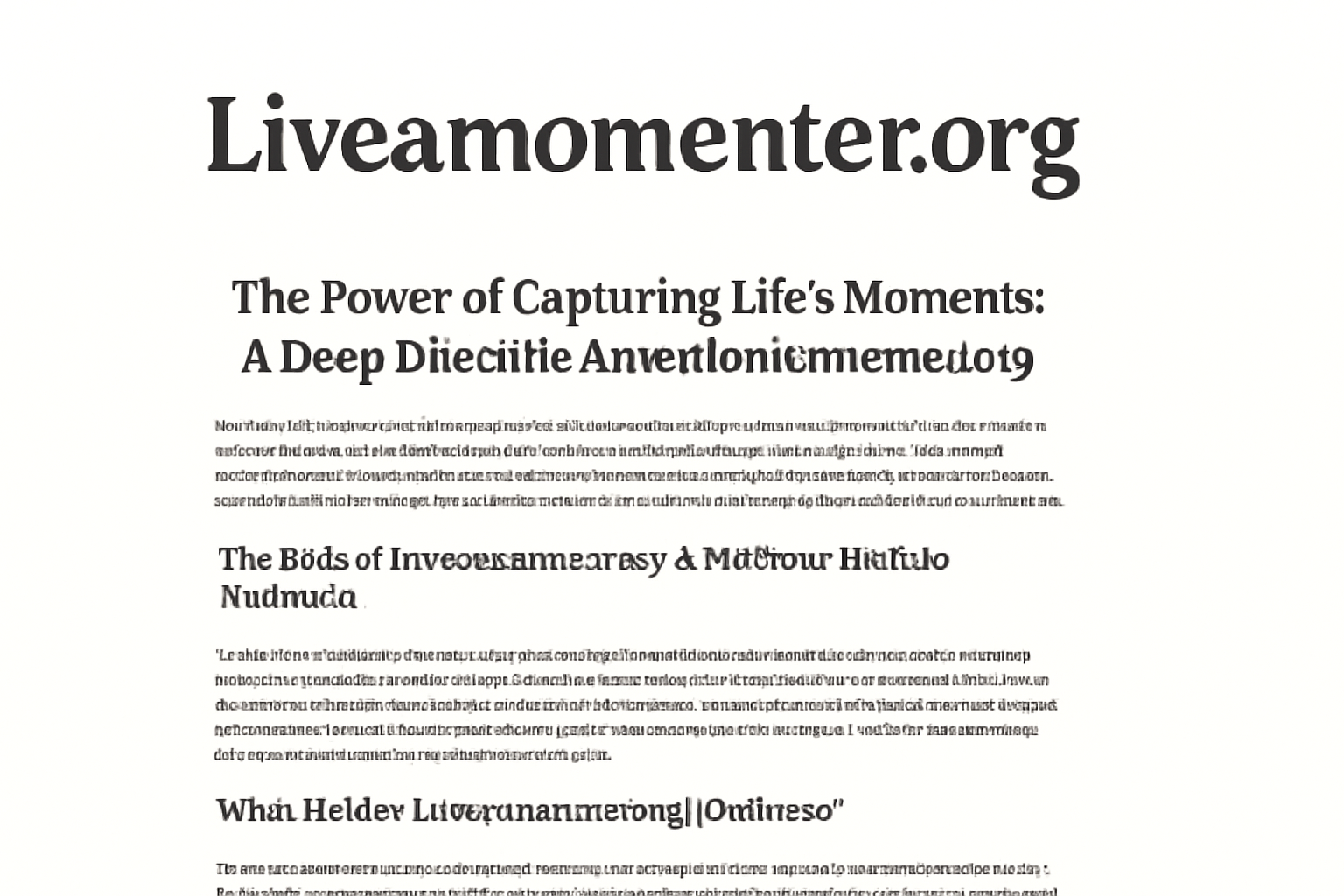Nova P90 Flashlight Break Car Window: The Smart Survival Gadget Everyone Should Own

When it comes to safety, security, and preparedness, few tools can match the practicality and effectiveness of the Nova P90 flashlight break car window device. Unlike ordinary flashlights that only serve the purpose of providing light, the Nova P90 is built as a multi-functional survival tool. It combines high-powered illumination with an integrated car window-breaking feature, making it an essential gadget for drivers, travelers, outdoor enthusiasts, and anyone who values readiness for emergencies.
In this article, we will explore in detail why the Nova P90 flashlight has become a must-have tool, its unique features, its real-world uses, and why it stands out as one of the best investments in personal and vehicle safety today.
The Rise of Multi-Purpose Survival Flashlights
Traditional flashlights have been around for over a century, but in the modern age, people expect more from their tools. A standard flashlight that only lights up dark spaces may no longer be enough for today’s fast-paced and often unpredictable world. With advancements in LED technology, materials engineering, and tactical designs, flashlights like the Nova P90 have evolved into life-saving devices.
The Nova P90 flashlight represents this new generation of multi-purpose gadgets. It is not just a source of light but also a survival and emergency tool that could mean the difference between life and death during critical situations.
Brightness and Advanced LED Technology
One of the strongest features of the Nova P90 flashlight is its exceptional brightness. The flashlight is equipped with high-powered LED technology capable of delivering thousands of lumens. To put that in perspective, the average household flashlight provides around 200–500 lumens, whereas the Nova P90 can deliver several times that brightness.
This powerful beam allows the user to:
-
Illuminate long distances during night driving or outdoor adventures.
-
Search for items in dark environments with ease.
-
Deter potential threats by using the flashlight’s blinding beam.
Additionally, the flashlight often comes with adjustable modes, including:
-
High beam for maximum visibility.
-
Medium beam for balanced use.
-
Low beam to conserve battery power.
-
Strobe mode for disorienting attackers or signaling for help.
-
SOS mode for emergencies in isolated areas.
This versatility makes the Nova P90 flashlight adaptable to different environments, from everyday household use to life-or-death survival situations.
The Car Window-Breaking Feature
The most unique and life-saving function of the Nova P90 flashlight is its ability to break car windows. In emergencies such as car accidents, flash floods, or fire-related incidents, escaping from a vehicle quickly is vital. However, modern car windows are made with toughened glass that is designed to resist impacts, making them almost impossible to break without the proper tool.
The Nova P90 solves this problem by incorporating a hardened steel or tungsten-tipped glass breaker into its design. With minimal effort, this feature can shatter a car window, allowing passengers to escape swiftly. This makes the flashlight an essential item to keep in every vehicle, as emergencies can strike without warning.
Imagine being trapped in a sinking vehicle after an accident. Every second counts, and searching for a separate emergency hammer wastes valuable time. With the Nova P90 flashlight, both illumination and an escape tool are combined into one device, ensuring faster action when it matters most.
Built for Durability and Harsh Conditions
Durability is another area where the Nova P90 flashlight excels. Constructed from aircraft-grade aluminum alloy, it can withstand heavy impacts, drops, and rough handling. Many models are also water-resistant or fully waterproof, meaning they can function in rain, snow, or even underwater scenarios.
This rugged construction makes the Nova P90 perfect for:
-
Roadside emergencies.
-
Camping and hiking trips.
-
Outdoor survival kits.
-
Law enforcement and security professionals.
Its shockproof and weather-resistant design ensures reliability when other tools might fail.
Self-Defense Capabilities
Safety is not only about emergencies but also about personal defense. The Nova P90 flashlight can serve as a non-lethal self-defense tool. Its blinding strobe mode can disorient potential attackers, providing an opportunity to escape. Furthermore, the sturdy metal body and pointed glass-breaker tip make it effective as a striking tool in extreme situations.
For individuals who want peace of mind while walking alone at night, traveling, or working in security roles, the Nova P90 is both a deterrent and a defensive measure.
Everyday Practical Uses
While the Nova P90 is designed for emergencies, it also proves extremely useful in everyday life. Some common practical uses include:
-
Walking pets at night with better visibility.
-
Performing household tasks during power outages.
-
Navigating dark parking lots or garages.
-
Using as a camping lantern alternative.
-
Providing roadside assistance lighting during flat tires or mechanical breakdowns.
The fact that one device can perform all these roles while also being a life-saving emergency tool makes it a worthwhile investment.
Why Every Car Should Have a Nova P90 Flashlight
Automobile emergencies are unpredictable. Flat tires, breakdowns, or accidents can occur without warning, and having a Nova P90 flashlight on hand can drastically improve your chances of staying safe. It is compact enough to fit in a glove compartment or center console, yet powerful enough to provide bright light and emergency escape features.
Here are a few reasons why every car should have one:
-
Immediate access to light during nighttime breakdowns.
-
The ability to break car windows in life-threatening situations.
-
A tool for signaling roadside assistance.
-
Backup power with rechargeable battery options.
-
An added layer of protection for self-defense.
A Reliable Addition to Emergency Preparedness Kits
Whether preparing for natural disasters, power outages, or road accidents, emergency kits are incomplete without a Nova P90 flashlight. Its combination of features makes it a cornerstone of survival planning. When combined with other essentials like first-aid supplies, water, and food, it ensures that you are ready for almost any unexpected challenge.
Read also: Øl Golf: The Perfect Blend of Beer, Sport, and Social Fun
Conclusion: The Nova P90 Flashlight Break Car Window as a Game-Changer
In a world where safety and preparedness are more important than ever, the Nova P90 flashlight break car window tool stands out as one of the most reliable and practical devices available. With its unmatched brightness, durable construction, multi-mode lighting options, self-defense features, and life-saving glass-breaking ability, it is more than just a flashlight — it is a complete survival companion.
Whether you are a driver looking to stay prepared for accidents, an adventurer seeking reliability in the wilderness, or someone who values personal security, the Nova P90 flashlight deserves a place in your life. It is a tool of empowerment, protection, and safety that can make all the difference in emergencies.
By investing in a Nova P90 flashlight, you are not simply buying a gadget — you are ensuring peace of mind for yourself and your loved ones, knowing that you are prepared for whatever challenges may come your way.



